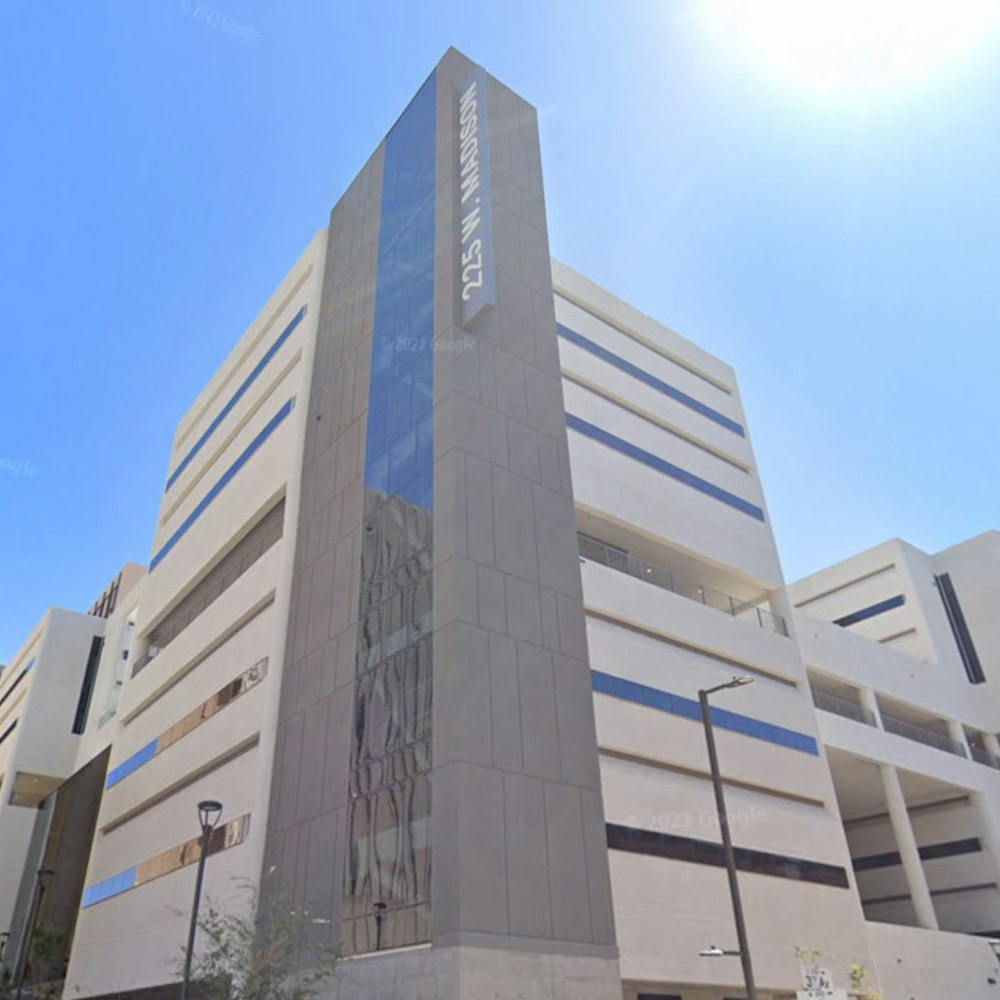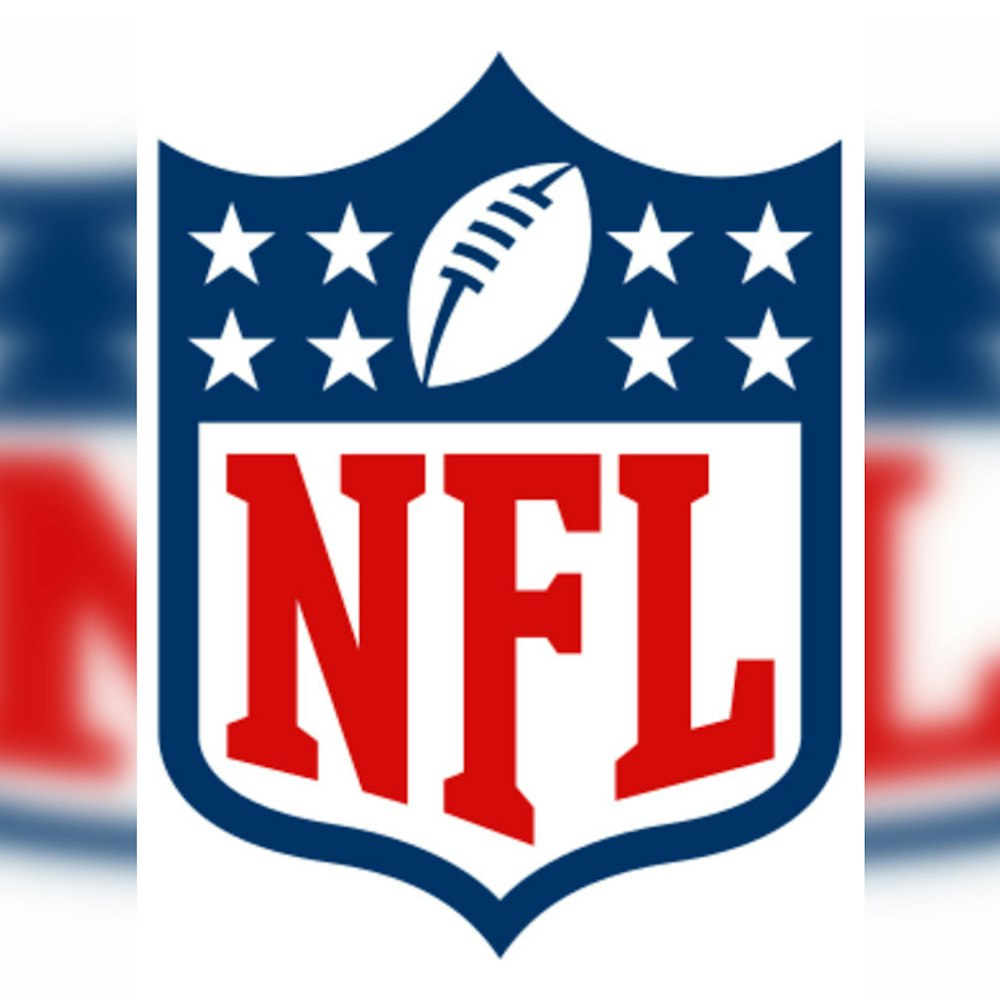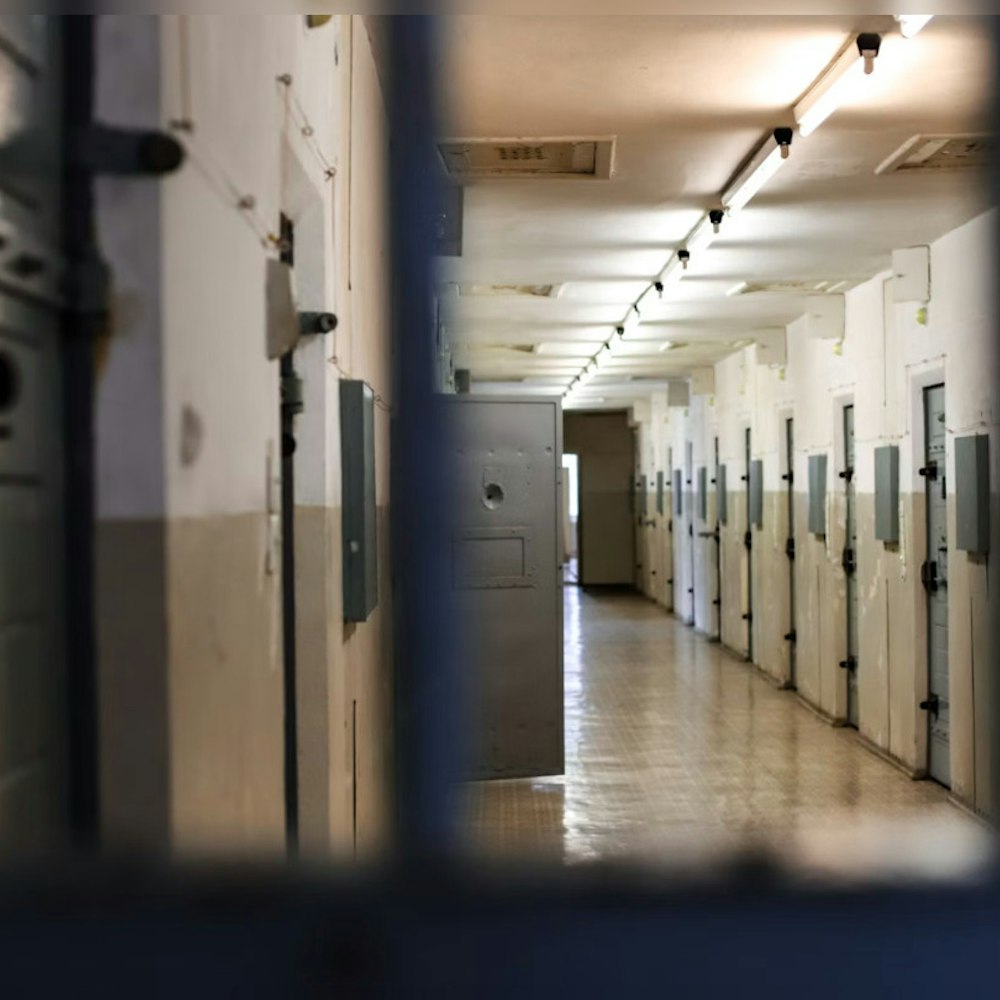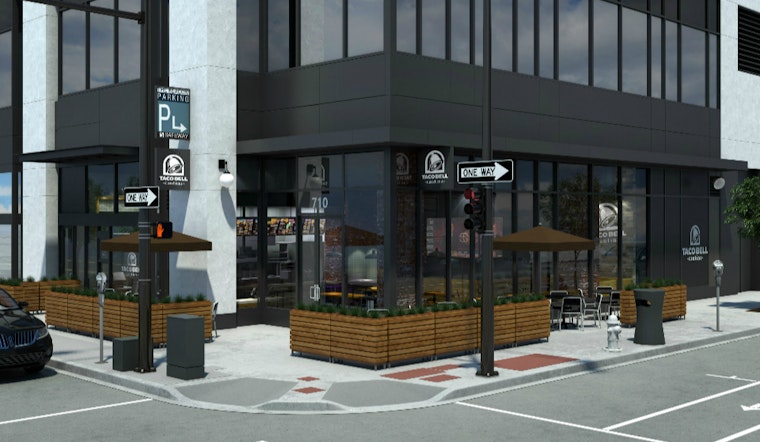
At a town hall meeting Wednesday evening, residents of the Beacon continued their fight against plans for alcohol at Taco Bell Cantina, which is slated to open at the base of the Beacon building at 710 Third St. next week. Attendees included SFPD’s Alcohol and Beverage Control (ABC) liaison and a host of Taco Bell representatives.
Ahead of the meeting, Taco Bell representatives ushered community members into the unfinished restaurant space for a sneak peek at the interior of the new fast-food joint, and showed renderings of the finished space.
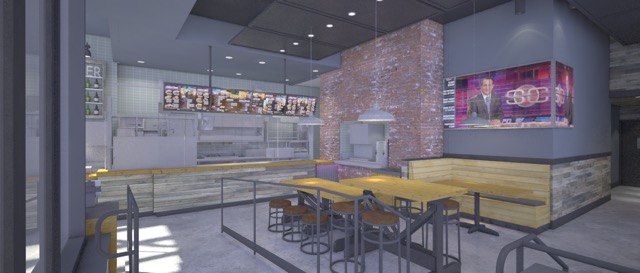 New renderings of the Taco Bell Cantina opening next week.
New renderings of the Taco Bell Cantina opening next week.
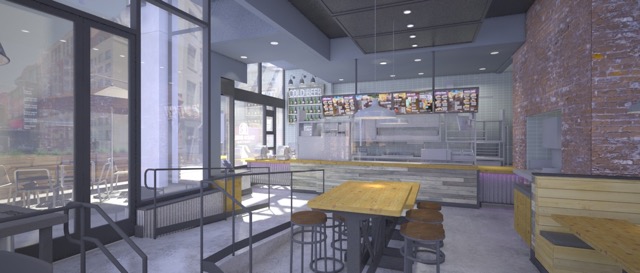
Upstairs in The Beacon’s community room, about 60 homeowners gathered for a brief pre-meeting discussion with Lieutenant Dave Falzon, SFPD’s ABC liaison. Falzon spoke freely regarding the police department’s stance on the increase of unconventional vendors requesting alcohol licenses, and the community’s role in keeping Taco Bell from securing one.
First, Falzon told the group that within San Francisco’s 47 square miles, the city has nearly 4,000 liquor licenses. San Francisco has the highest concentration of liquor licenses in the state, he said, and probably leads the nation.
As for Taco Bell’s application, ABC has received more than 200 letters of objection, Falzon said, and the police department objects as well, mainly due to the community’s strong response. But battling a liquor license application is a “marathon process,” he warned the group, and success in stopping the sale of alcohol at this location depends on how hard the community is willing to fight.
“We’re not a fan of fast food getting liquor licenses in general but it will come down to the community,” he said, also noting that Starbucks has filed seven liquor license applications in San Francisco and has yet to receive approval.
Falzon also attempted to demystify the types of liquor licenses available and explain which Taco Bell is requesting. Taco Bell has applied for an "on-sale" liquor license — the same license Chipotle has. However, ABC’s on-sale license does come with off-sale privileges, he said, and in Chipotle’s case, San Francisco has restricted the off-sale portion of the license.
The lieutenant made it clear that Taco Bell could not secure a beer and wine license and later convert it to sell booze, a major concern for some residents. Selling hard alcohol requires a completely different application, he assured residents, and those licenses are selling for upwards of $300,000.
While the liquor license was the group’s primary concern, many were against the Taco Bell entirely. Some predicted that without the liquor license, Taco Bell wouldn’t be able to make enough money to sustain the location and might look for a new location elsewhere. But Falzon adamantly disagreed, stating that with or without an alcohol license, Taco Bell is here to stay. The chain has a successful model that’s never required the sale of alcohol, he said, and they know the location has the volume they need.
“I’ve never seen a Taco Bell fail,” he added.
Following the discussion with Lieutenant Falzon, a group of Taco Bell representatives joined the meeting to share additional details about the location and the staff managing the restaurant.
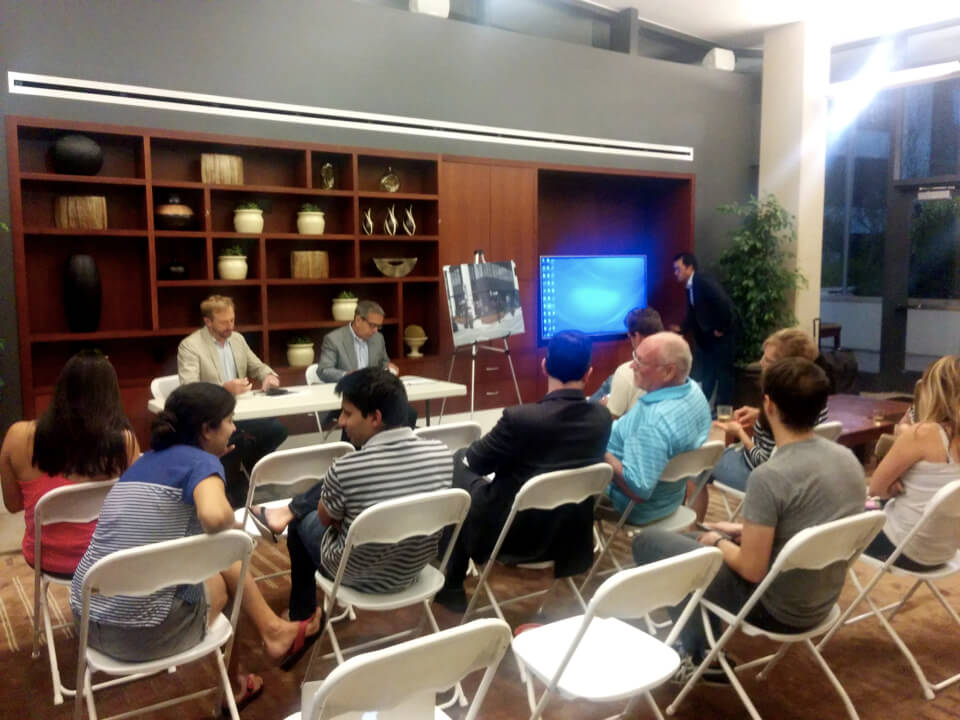 Taco Bell representatives prepare to address community concerns.
Taco Bell representatives prepare to address community concerns.
SG Ellison, president of First Street Development, which is behind this Taco Bell project, addressed the group argued that Taco Bell Cantina is the perfect fit for the dense and highly-active neighborhood. He also noted that the location is subject to the Mission Bay Redevelopment Ordinance, and the Mayor’s Office of Community Investment and Infrastructure has fully vetted the project.
Next, Rob Poetsch, director of communications for Taco Bell Corp., reiterated key components of Taco Bell’s strategy for expanding into urban centers, and explained how this Taco Bell Cantina will differ from ordinary Taco Bells. For one, the look and feel of the interior takes cues from the surrounding community, he said, and it features hardwood and brick, similar to AT&T Park, and an open kitchen layout so diners can see their food being prepared from start to finish.
Another differentiator is the lack of a drive-in window. Traditional Taco Bells receive 70 percent of their sales through drive-in windows, but this location will focus on the experience of dining in, he said.
There will be 26 seats inside and 24 seats outside on the patio. The hours will be 7am to midnight daily, with the patio closing at 8pm or 10pm on Giants game nights. In response to concerns that these hours would change after the opening, the Taco Bell team assured the group that the hours are written in their agreement with the landlord.
This Taco Bell Cantina will also be a testing ground for new technology, he said. It will be the first Taco Bell to have digital menu screens and there'll be a pick-up window for people who order through the mobile app.
Following the discussion of the corporation’s urban strategy, franchise owner Randy Rodrigues, CEO of Golden Gate Bell, introduced himself and the future Cantina’s management team, highlighting their lengthy experience with Taco Bell and leadership backgrounds. While Rodrigues has 45 years of experience with Taco Bell and owns 85 locations around the East Bay, this will be his first location in San Francisco and first experience serving alcohol.
Monica Schneider, Golden Gate Bell’s chief operating officer, then walked the audience through their alcohol policy. All members of the staff would be 18 years of age or older, she said, and Golden Gate Bell will pay for each person to receive training and a permit for serving alcohol responsibly. They will also be trained to check IDs properly, serve one drink at a time and never let diners take alcohol to go.
With that, the community fired a flood of questions at the presenters, with policing and alcohol handling being major the points of concern.
"How much would alcohol cost at Taco Bell Cantina?" About $6 for a beer or wine, Rodrigues said. The beer selection will include Anchor Steam, Dos Equis and Firestone Walker 805. There will be red and white wine, and possibly sangria. Employees will pour the beer into a cup for patrons and wine will be served in the bottle with a cup.
"How Golden Gate Bell will handle vagrants and aggressive panhandlers loitering on the property?," community members demanded to know. Employees will respectfully ask them to move and call the police when necessary, Rodrigues said.
“You aren’t going to have police support,” one resident responded, noting that Beacon homeowners pay 80 percent of the property’s security bill. “Your policy needs to include the fact that you’re on your own.”
Rodrigues responded that he runs five stores in Oakland and none receive 24-hour support from the Oakland police. He also told the group that Golden Gate Bell put $800,000 into 710 Third St. and will definitely hire a security guard to protect their investment if necessary.
Other community members asked whether Rodrigues and his team had examined the scene at the nearby McDonald’s, which is slated to close. The homeless encampment there would be drawn to Taco Bell, they argued.
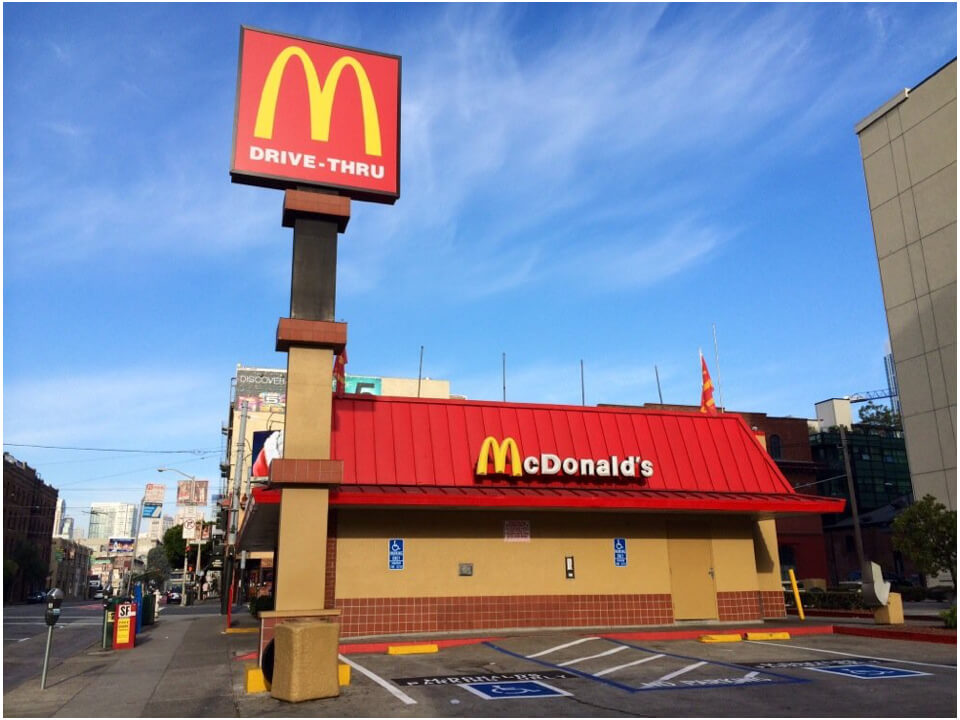 Photo: Kevin Y. / Yelp
Photo: Kevin Y. / Yelp
Rodrigues said he had seen the problem there, but believes it will be less of an issue for the Cantina, which will have 20 percent higher prices and no parking lot.
Noise and odors making their way to the residential units above was also a key concerns for Beacon homeowners. In response, Schneider stated that they have invested in a $20,000 ventilation system that filters the air inside the space, rather than pushing it out. As for noise, the developer said they had not received any complaints regarding construction noise but had not done a specific noise study either.
Before the meeting wrapped up, Lieutenant Falzon addressed the Taco Bell team, stating that in his opinion, the presentation did not address all of the systems they needed to have in place to responsibly serve alcohol on-site and ensure it did not end up in the hands of minors. In order to convince the ABC to approve the license, “You’ll have to show that you have systems in place to responsibly sell it and a customer base that’s responsible to buy-and-go,” he warned.
While the city’s first Taco Bell Cantina is slated to open next week, the battle over its pending liquor license will surely continue. We’ll keep you updated on future community meetings and public hearings surrounding the debate.

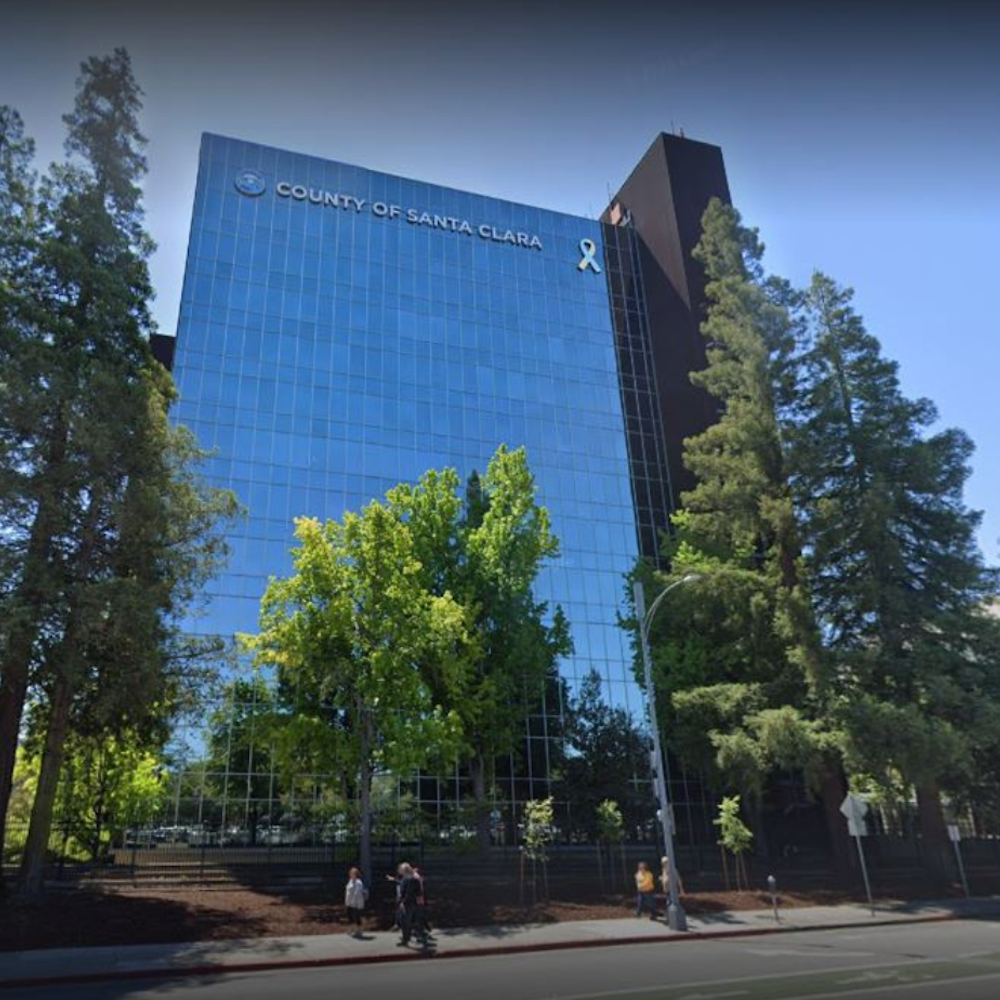

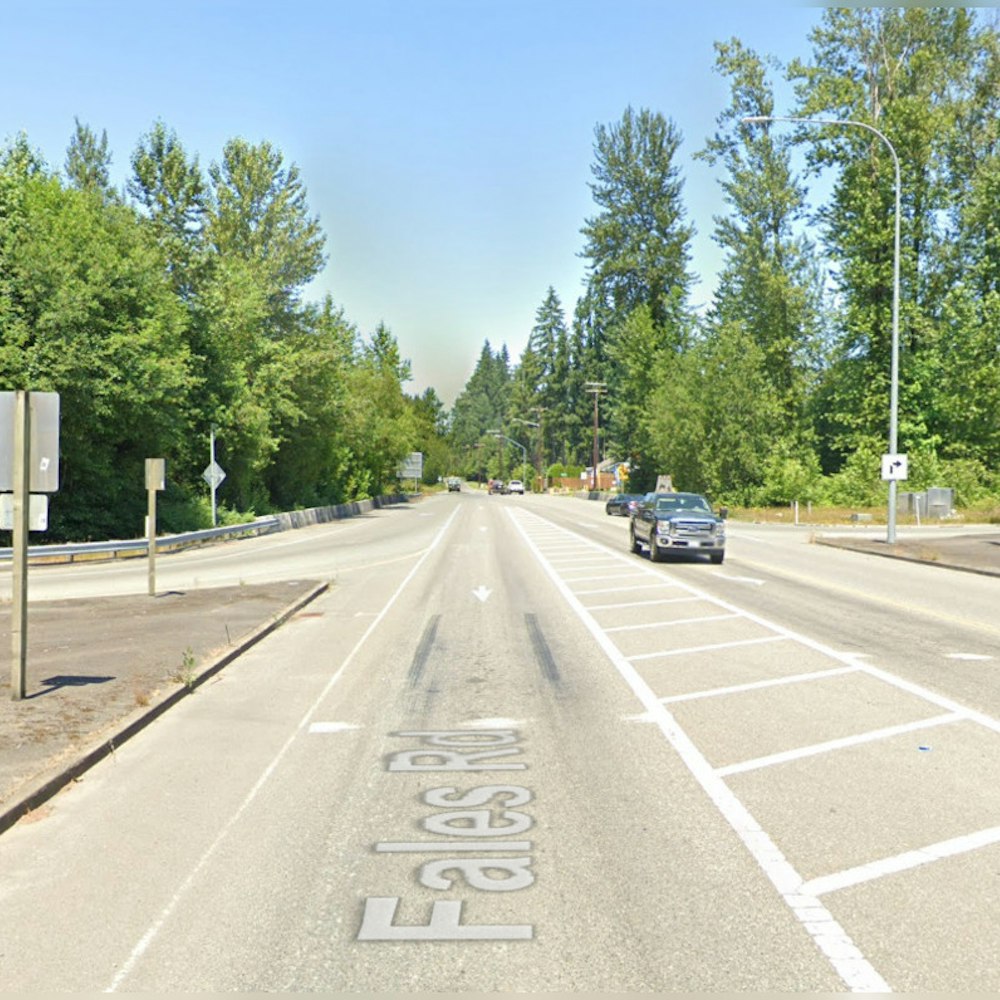
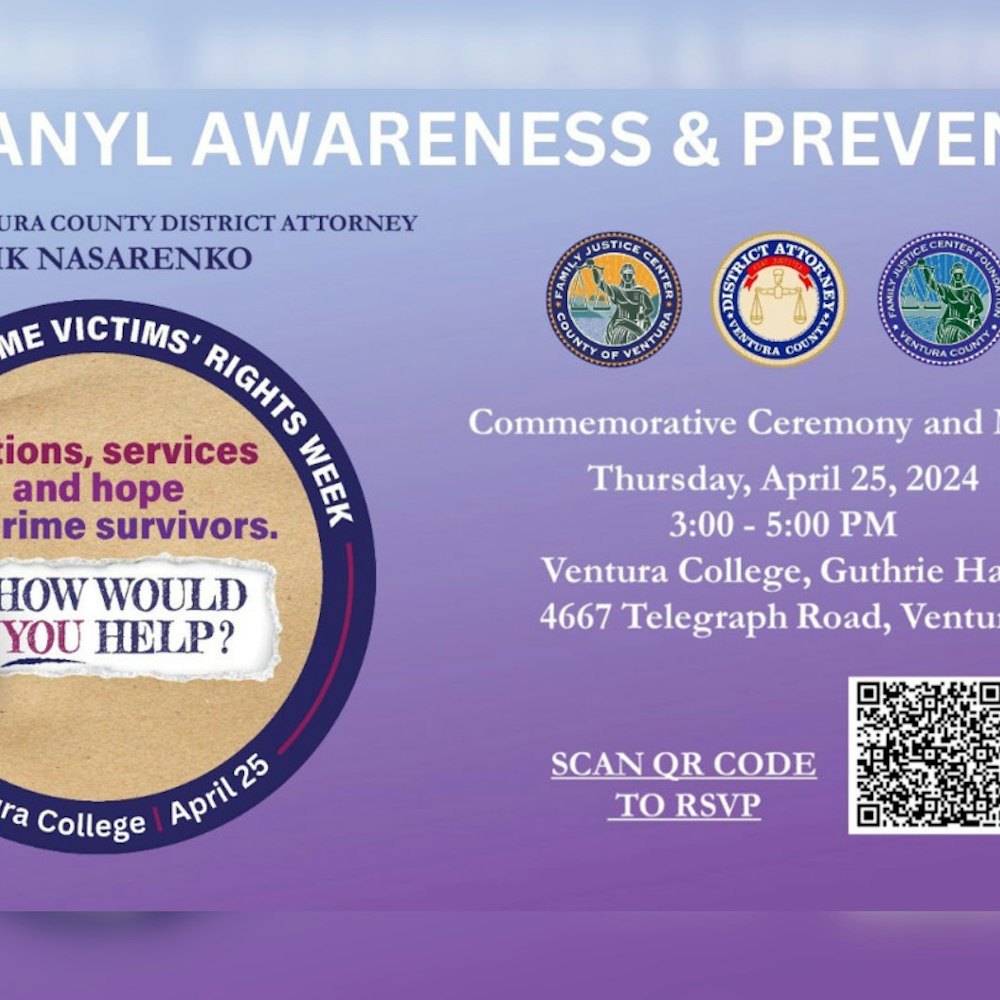
-1.webp?w=1000&h=1000&fit=crop&crop:edges)
